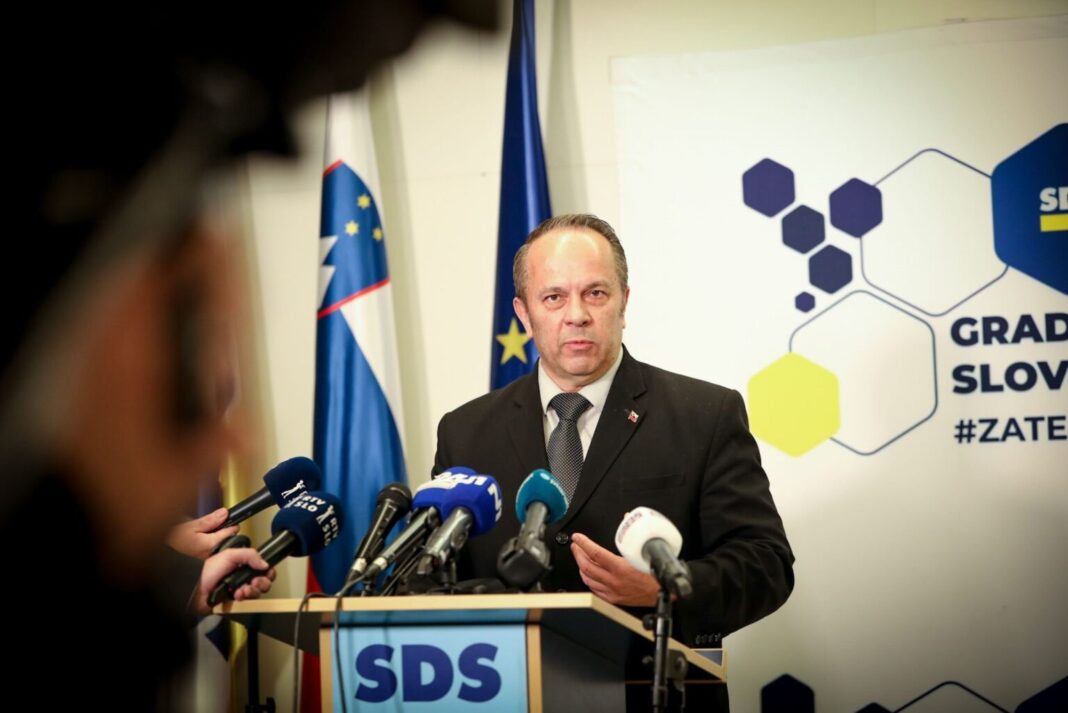By: C. R.
Branko Grims, an MP of the Slovenian Democratic Party (Slovenska demokratska stranka – SDS), responded to the “surprise” of the German embassy in Slovenia, which did not understand his statement when he compared the situation in Slovenia to that in Germany in 1933 in his assessment of Sunday’s referendums. The German Embassy stressed that Slovenia, as a part of the European Union, where everyone can vote without pressure or fear, has nothing in common with Germany in 1933.
We are publishing MP Grims’s response in its entirety.
“When actions in Slovenia become facts that no one can deny:
- screaming “Death, death …!” in front of the National Assembly, in addition to other blatantly unconstitutional calls for violence, even calls for shooting and deportation to Argentina, but the police do not act,
- direct death threats against the SDS party members, where the judge acquitted the predator,
- threats and spitting at the opposition, right-wing MPs outside the National Assembly,
- attacks on the few remaining media outlets that are not in the service of the government and the ruling coalition, which include physical assaults with damage to property, but the perpetrators are “never found,”
- the complete subordination of the mainstream media to the ruling ideology,
- the abuse of process in limiting debate and blatant mockery of the National Assembly’s constitutionally enshrined oversight role, including censorship of parliamentary questions in the National Assembly that are not to the liking of the ruling coalition,
- various other forms of restrictions of freedom of speech are increasingly present,
- the constant and deliberate incitement of intolerance on a political basis against the Slovenian Democratic Party and various forms of dehumanisation and thus incitement to hatred and incitement to violence against certain prominent members of the SDS party, and attempts to isolate and ostracise them on this basis,
- sticking “no entry for SDS” or even “forbidden for the SDS party” stickers on the doors of certain coffee shops, institutions, public places
… this is becoming more and more similar to the methods and the atmosphere based on them, which we have unfortunately already seen in the past. Acknowledging this fact is in no way directed against the country in question; it is merely a warning for present-day Slovenia and for our future. At least, I hope we can agree on something: history is there so we can learn from it; otherwise, it repeats itself.
Kind regards,
Branko Grims, MSc”

